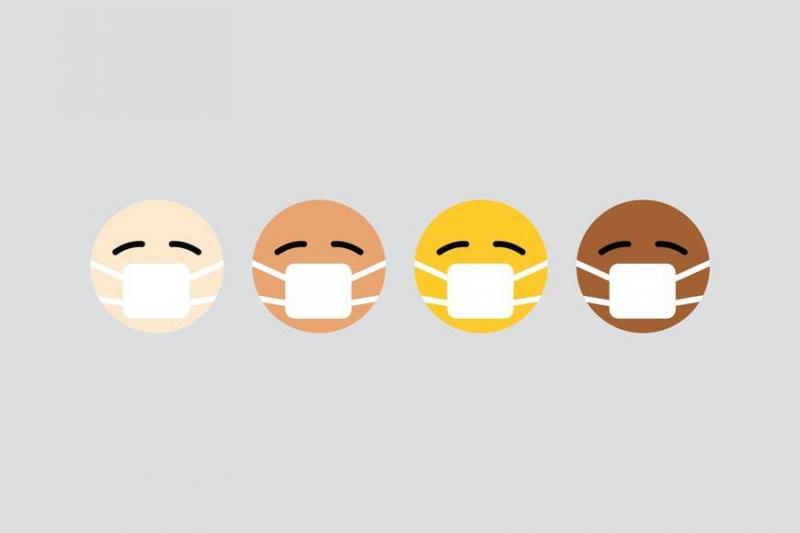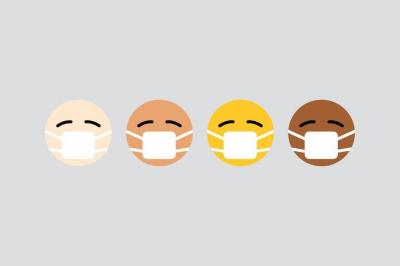COVID-19 symptoms are not limited to the respiratory system; infection with the SARS-CoV-2 virus and its variants can lead to various symptoms affecting any part of the human body. According to a report published by the Times of India, some symptoms may disappear within 15 days, while others may persist for longer. There is no way to predict who will suffer from long-term symptoms or which symptoms they may experience, but it is certain that some long-term symptoms of COVID-19 can worsen due to stress.
**Common Symptoms**
Some individuals suffering from long COVID experience common symptoms such as headache, diarrhea, and shortness of breath. Besides these common symptoms, there are other signs not all COVID-19 patients experience, or they often go unnoticed, such as dizziness, which is a rare symptom that can worsen due to fatigue. Dizziness is defined as a combination of symptoms including feelings of faintness or instability, creating a false sensation that everything around the person is spinning or moving.
A person may feel dizzy for various reasons, sometimes due to weakness or dehydration, which makes it challenging to distinguish whether dizziness post-COVID is due to the virus or other causes. Experts say that if episodes of dizziness recur after COVID-19, it could be a side effect of the viral infection. According to the UK’s NHS, excessive stress can exacerbate dizziness and significantly impact a person's daily activities.
**Acute Episodes**
Fatigue can worsen episodes of dizziness, leading to a slight imbalance or an inability to walk or stand properly. In some cases, an individual may also experience ringing in the ears, hearing impairment, eye strain, and headaches. However, dizziness is not a cause for fear or concern unless the episodes are severe. The feeling of dizziness comes and goes and, in rare cases, lasts longer. Experts recommend consulting a doctor when a person feels dizzy all the time, affecting their daily life activities.
**Post-COVID Tips**
Experts recommend practicing self-care during COVID-19 infection for quicker recovery, stressing the need for continued care for 15 days following infection, warning that the impact of the coronavirus on the human body is severe, irrespective of symptoms, as it affects multiple organs and its effects can be observed long after the infection phase. Experts emphasize the importance of ensuring proper recovery and maintaining good health without rushing back to full daily activities, suggesting a slow and gradual approach.
Self-care during the post-recovery phase includes continuing to eat healthy and nutritious food, exercising, sleeping at a set time each night, avoiding strenuous efforts, and getting plenty of rest. COVID-19 has caused over 5.66 million deaths worldwide since its emergence in China in December 2019. The United States recorded the highest number of virus-related deaths (884,260), followed by Brazil (626,854) and India (495,050). In the past week, Europe recorded the highest number of infections this year (11.58 million), accounting for 50% of global infections, and the highest number of deaths (22,597), which is 34% of global fatalities. The World Health Organization estimates the total death toll may be two to three times higher, considering excess mortality due to COVID-19 directly and indirectly.




